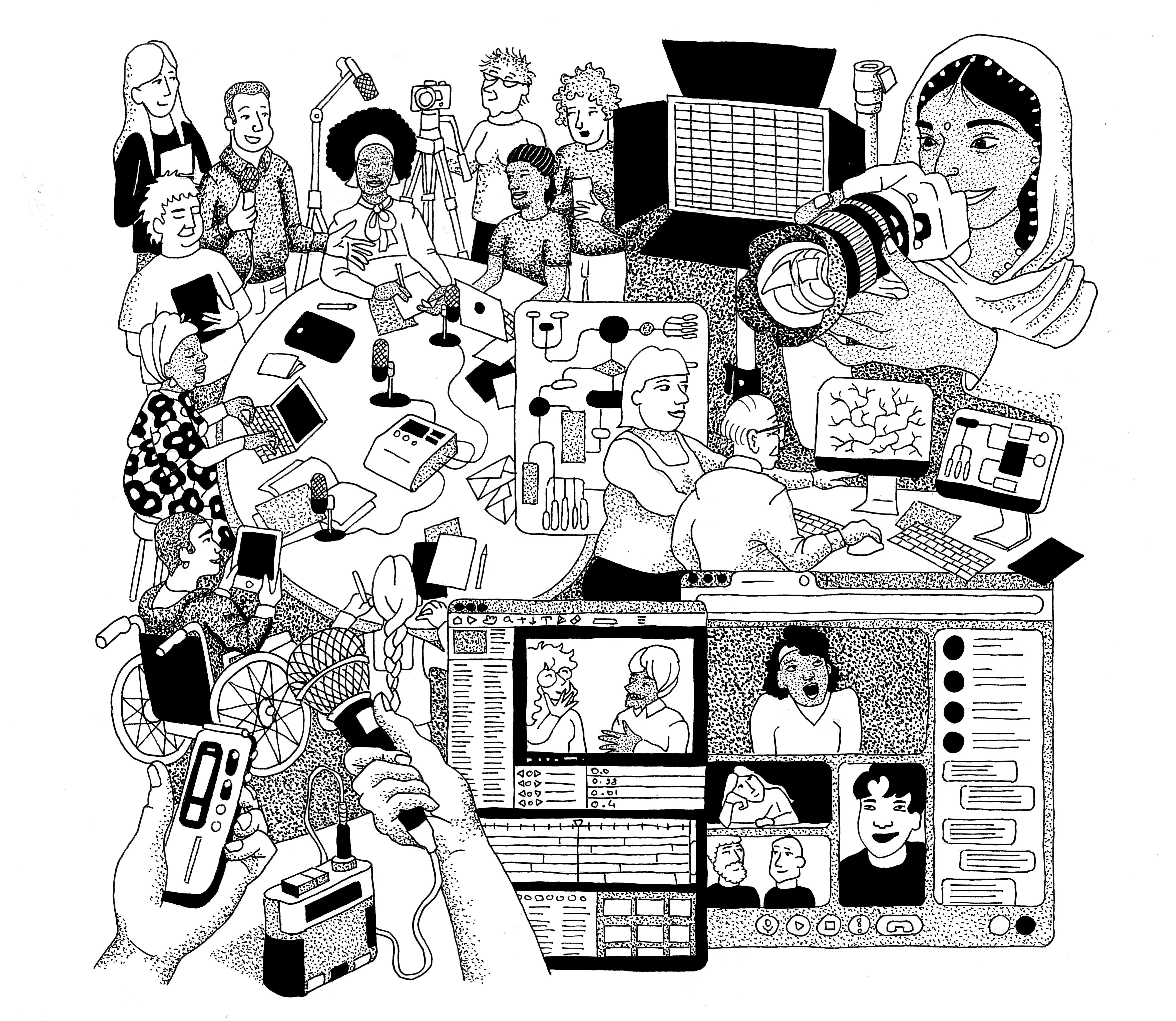

The DelibTech Network is coordinated by DemocracyNext (Claudia Chwalisz and Sammy McKinney) and the AI & Democracy Foundation (Aviv Ovadya and Kyle Redman).
We are collaborating to:
We have a small amount of seed funding to support these initial meetings, but we will require dedicated funds to continue the sustainability of network activities and will be seeking this over the next months. If you would like to support the DelibTech Network, please get in touch.